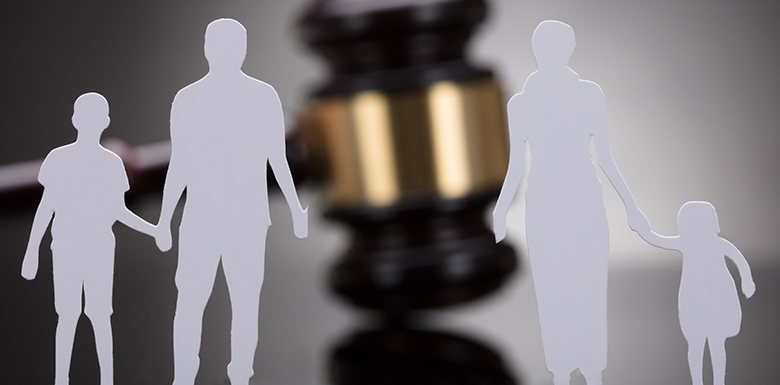What Happens to My Pension in a PA Divorce?
Published: Jul 12, 2019 in Divorce, Family Court
Written by Anthony Piccirilli
Your pension is one of your biggest and most important assets. A divorce could force you to split or even give up your pension to your spouse. The court considers many factors when dividing pensions. Pittsburgh Divorce & Family Law, LLC works with you to protect your pension and help you obtain the best outcome possible, so that you can plan for a happy retirement. Call us today at (412) 471-5100.
Pensions May Be Marital Property
Pennsylvania law says that any asset that is earned or acquired during marriage is considered a marital asset. This means that regardless of who earned it or whose name is on the account, a pension in a divorce is marital property if it was earned during marriage. If some of the pension was earned before marriage and some after, a portion of it is considered marital property. If either of you has a pension that was earned before the marriage, it’s considered separate property and won’t be divided in the divorce.
How Property is Divided in Pennsylvania
Pennsylvania uses equitable distribution to divide marital property, including pensions. This means that a pension is divided in a way that’s fair, but not necessarily 50/50. Pennsylvania Statutes Section 23 Chapter 35 Section 3502 lists the factors that a court will consider when dividing marital property. These include:
- The length of the marriage
- Previous marriages by either spouse
- The age, health, income, skills, employability, debts, assets, and needs of each spouse
- Ways in which a spouse has helped the other earn an education or training, or has helped increase their earning power (for example by supporting a spouse through medical school and while they build up their own practice)
- The abilities of each spouse to earn money or acquire assets in the future (this includes not only through employment, but through inheritance)
- The sources of income of each spouse, including benefits and retirement accounts
- Ways in which a spouse helped to create or increase the value of assets (such as by working in a family business or being a homemaker) or caused assets to decrease in value (by spending or by wasting assets)
- The value of any separate (non-marital) assets each spouse has
- The standard of living throughout the marriage
- The financial and economic situation of each spouse at the time the assets will be divided
- The tax implications of the property division
- Costs involved in selling or transferring assets
- Whether one of the spouses will have custody of minor children
How a Pension is Divided
The court could decide to split the pension, or award all of it to one spouse or the other. The court could also decide to give one spouse the pension and the other spouse an asset of equal value, so for example, one spouse might get the house and one might keep their pension.
Once the court decides in a court order on the percent of the pension each spouse will get in the divorce, the account must be divided. Retirement accounts that are governed by the Employee Retirement Income Security Act (ERISA) of 1974 require an additional document called a Qualified Domestic Relations Order (QDRO) for them to be divided. This is a highly technical order that directs the plan that administers the pension to divide it between the spouses. It’s important that the division of the account is handled correctly so that it remains tax deferred.
Contact a Pennsylvania Attorney
Divorce is an emotional process that involves important decisions about finances that will affect the rest of your life and your retirement. Working with a family law attorney who has experience in retirement and pensions can help you get the outcome you need. Attorney Anthony Piccirilli uses his experience and knowledge to help you through the process. Call him today at (412) 471-5100.
